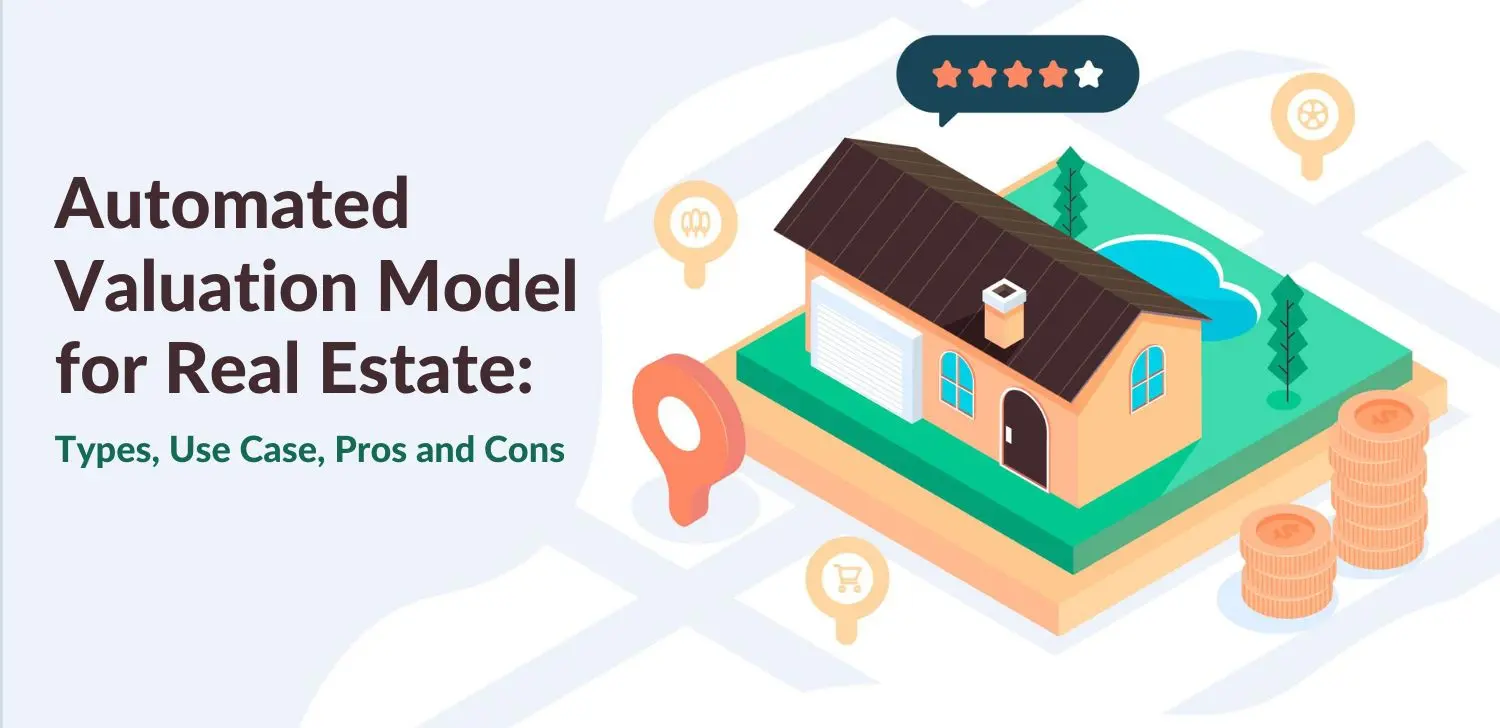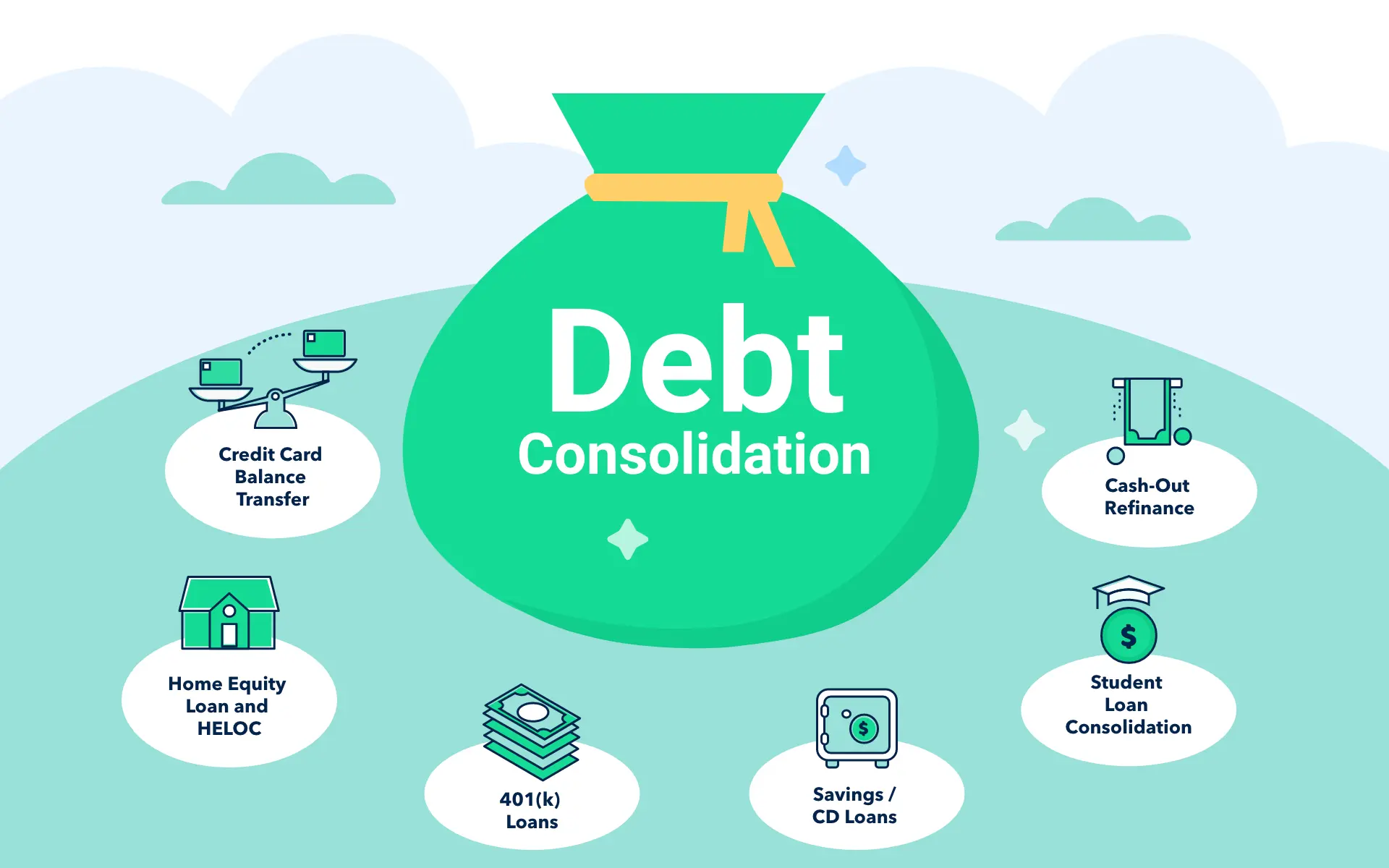
Why CRM Software is Essential for Small Businesses
In today’s competitive landscape, small businesses need to leverage technology to streamline operations and enhance customer relationships. CRM software (Customer Relationship Management) plays a pivotal role in helping businesses manage interactions with potential and existing customers. By centralizing customer data, automating tasks, and providing insightful analytics, CRM solutions are invaluable for small businesses aiming to grow and retain customers.
Key Features to Look for in CRM Software
When selecting a CRM solution, small businesses should consider several key features that can greatly impact their effectiveness:
- Contact Management: The ability to store and manage customer information, including contact details, communication history, and preferences.
- Sales Automation: Tools to automate repetitive tasks such as follow-ups, lead assignments, and tracking sales performance.
- Reporting and Analytics: Features that provide insights into customer behaviors, sales trends, and overall business performance.
- Integration Capabilities: The ability to integrate with other tools such as email platforms, accounting software, and marketing automation tools.
- User-Friendly Interface: An intuitive design that allows users to navigate the software easily without extensive training.
Top CRM Software for Small Businesses
Here, we compare some of the top CRM software options available for small businesses, focusing on their features, pricing, and user reviews.
| CRM Software | Key Features | Pricing | User Reviews |
|---|---|---|---|
| HubSpot CRM | Contact management, email tracking, reporting | Free, with paid plans starting at $45/month | 4.5/5 (Great for beginners) |
| Zoho CRM | Sales automation, customization, analytics | Free for up to 3 users; paid plans start at $12/user/month | 4.0/5 (Highly customizable) |
| Salesforce Essentials | Sales management, customer support, mobile app | $25/user/month | 4.2/5 (Powerful but complex) |
| Freshsales | Lead scoring, email tracking, reporting | Free for small teams; paid plans start at $15/user/month | 4.3/5 (Excellent support) |
| Insightly | Project management, contact management, integrations | Free for 2 users; paid plans start at $29/user/month | 4.1/5 (Good for project-based businesses) |
Detailed Comparison of Top CRM Solutions
1. HubSpot CRM
HubSpot CRM is one of the most popular choices among small businesses due to its robust free tier. It offers essential features like contact management and email tracking. Users praise its user-friendly interface, making it ideal for beginners. As businesses grow, they can adopt paid plans that introduce advanced features, including marketing and sales tools.
2. Zoho CRM
Zoho CRM is well-known for its extensive customization options. It provides a wide range of features, including sales automation and detailed analytics. The pricing is flexible, making it suitable for businesses of all sizes. Users appreciate its affordability and the ability to tailor the platform to specific business needs.
3. Salesforce Essentials
Salesforce is a leader in the CRM industry, and its Essentials plan offers a powerful solution for small businesses. While it comes with a higher price tag, users benefit from advanced features like sales management and customer support capabilities. However, the complexity can be daunting for some, making it advisable for businesses to invest time in training.
4. Freshsales
Freshsales stands out for its lead scoring and email tracking features, making it an excellent choice for sales-oriented teams. The free plan is particularly appealing for small teams looking to manage leads effectively. Users often highlight the exceptional customer support provided by Freshsales.
5. Insightly
Insightly combines CRM and project management, making it a great option for businesses that focus on project-based work. With features like contact management and extensive integrations, it offers a solid platform for managing both customer relationships and ongoing projects. Users value the tool's ability to seamlessly connect various aspects of their business.
Conclusion
Choosing the right CRM software for your small business is crucial for fostering customer relationships and driving growth. Each of the CRM solutions mentioned above has its unique strengths and pricing structures. By carefully evaluating your business needs and considering the features and reviews of each option, you can select a CRM that will help streamline your operations and enhance customer satisfaction.
Investing in the right CRM can transform how your business interacts with customers, making it easier to track sales, manage relationships, and ultimately boost your bottom line. Start your journey towards improved customer relationship management today!



